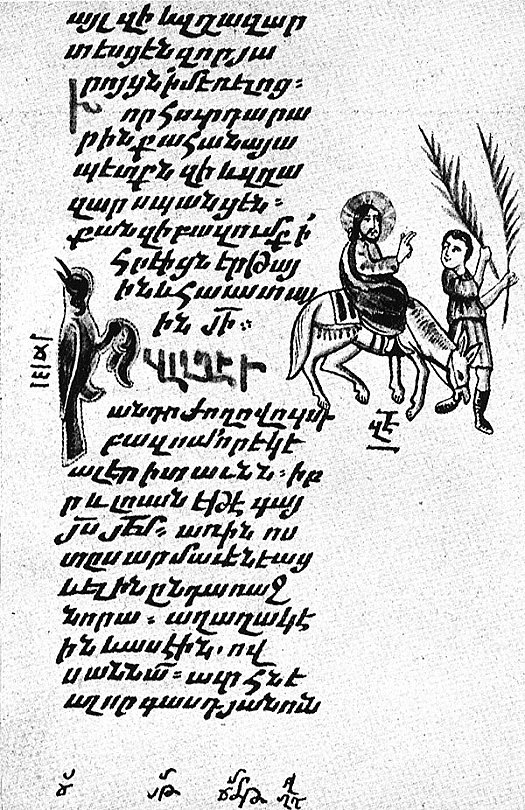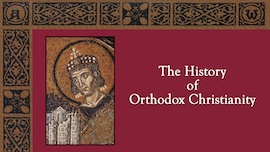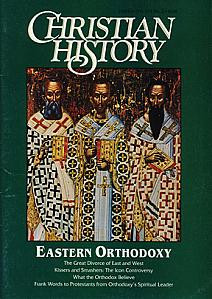Armenians Celebrate Mesrob Who Preserved Their Culture in Writing

Mesrob’s efforts resulted in a national literature.
ONE MONK did more than almost anyone else to preserve the Armenian culture. Armenia had been the first nation in the world to declare itself Christian. Unfortunately, its language had no written form at that time. In the fourth century, the Armenian king had to issue his edicts in Greek, Persian, and Syriac.
Armenian court secretary Mesrob was a gifted interpreter. Although successful at court, he desired a closer walk with God and left the king’s service to become a monk. He deliberately endured suffering in order to harden his body and develop the self-discipline he would need as a preacher. At last he began to preach.
Although Mesrob converted many people to Christianity, he found that they did not walk as Christians should. Contributing to their trouble was that they did not have the word of God in a language they could understand. Mesrob determined to create a form of writing that could express the sounds of his native tongue. With financial backing from the king and assistance from other religious leaders, he devised an alphabet of thirty-six letters.
Using these new characters, Mesrob, his associates and their students, created a whole religious literature. In addition to translating the Bible, they wrote and translated other Christian texts. But Mesrob’s contribution went far beyond that.
The Roman and Persian empires soon clashed over Armenia, dividing the county between them during Mesrob’s lifetime. In the face of the disruption of his nation, Mesrob’s alphabet helped preserve the Armenian language—and, through the books translated into it, gave it an indestructible spirit all its own. Because there was more freedom for religious action on the Roman side of Armenia, Mesrob settled there and continued to evangelize—establishing schools and appointing men to carry on his work. He also sent many young men abroad to study the cultures of other countries and bring back valuable knowledge.
As if that were not enough for one man to do, he even adapted his alphabet to related languages in neighboring Georgia and Albania. His worth was recognized even during his life and when he died on this day, 19 February 441, a respectful nation laid his body in the crypt of the church at Oshakan. He is honored in church calendars on 19 February.
—Dan Graves
----- ------ ------
The History of Orthodox Christianity is an in-depth look at the history and distinctive beliefs of the Orthodox Church. Watch at RedeemTV.
(The History of Orthodox Christianity can be purchased at Vision Video)
For more on Eastern Christianity read Christian History #54 Eastern Orthodoxy, then and now







